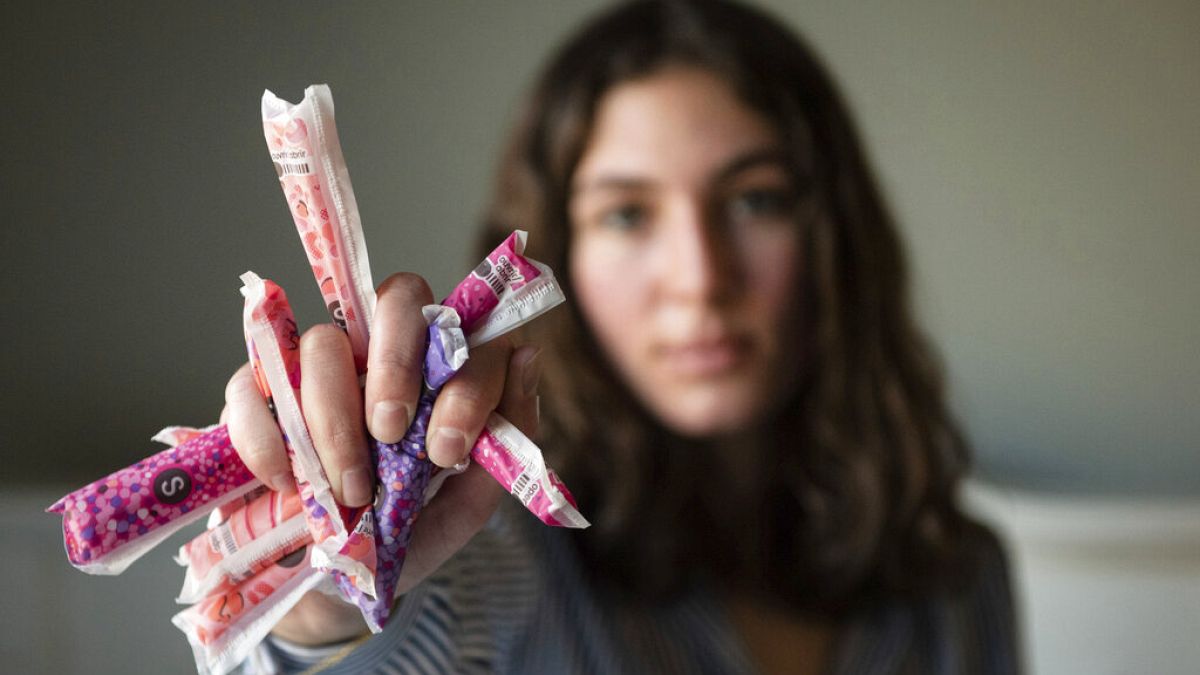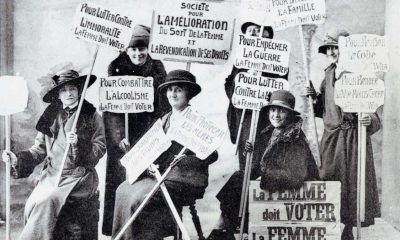General News
Period poverty still a problem within the EU despite tax breaks

In some countries, costs remain high for women despite tax breaks with many not being able to buy their product of choice.
Approximately half of the EU menstruates or will do it at some point of their lives. But that does not mean access to menstrual products is guaranteed.
There is no official EU data on how many women suffer menstrual poverty, but Belgian NGO Bruzelle believes that in Belgium one in fifteen people cannot buy their choice of product.
“At some point, you have to choose between a basic necessity and buying menstrual products. So at some point, you have to choose between eating or buying a menstrual product,” explains Verónica Martínez of Bruzelle.
“When you get to that point, you’re really in a situation of menstrual insecurity. And add two other factors that make the situation even worse, which are the lack of menstrual information and the lack of safe, well-adapted places to change in complete safety,” she adds.
Since 2022, the EU allows member states to sell menstrual products without VAT. For now, Ireland is the only one taking advantage of this.
Most states have reduced taxes between 5 to 10%. But in others taxes remain high, such as Hungary (27%) or Sweden and Denmark, both at 25%.
One of the options to alleviate the cost of menstrual products is using reusable ones.
Free menstrual cups in Catalonia
Catalonia recently started giving out a menstrual cup, a pad or a pair of period underwear to fight menstrual poverty.
“Menstruation still has lots of taboos and stigma in society. This is why this is a universal action. We need to change the way society has been dealing with menstruation as a private issue, as something that it’s not spoken about, because this means these stigmas have also implications on women’s health and well-being,” explains the Minister of Equality and Feminism of the Government of Catalonia, Tània verge.
According to the Catalan government, 23% of women in the region are reusing single use products and 44% can’t afford their first choice.
Source
Disclaimer: No copyright infringement intended. All rights and credits reserved to respective owner(s).
























